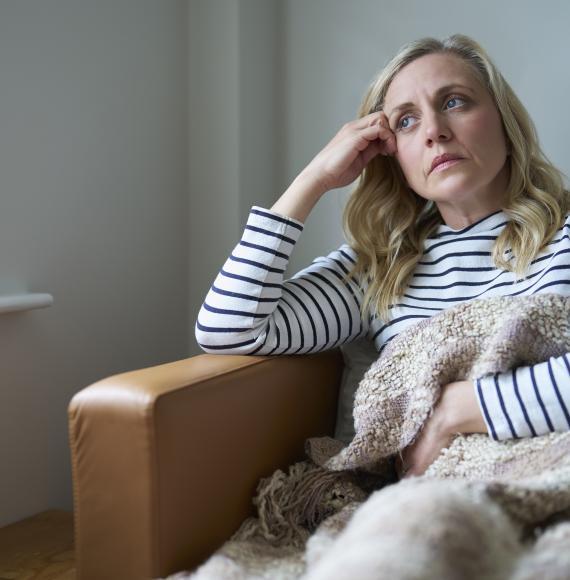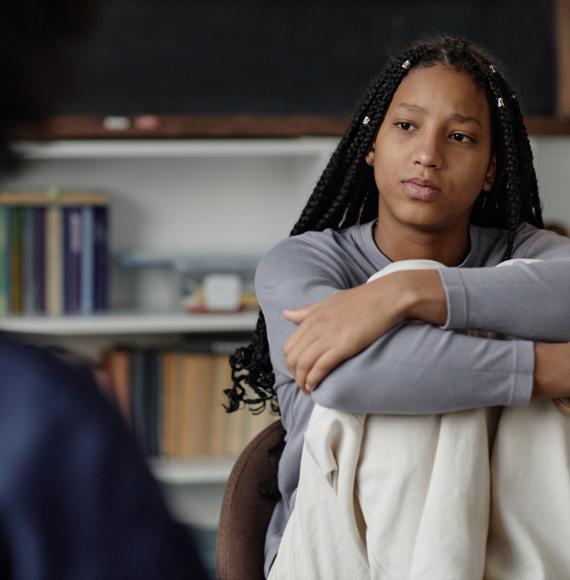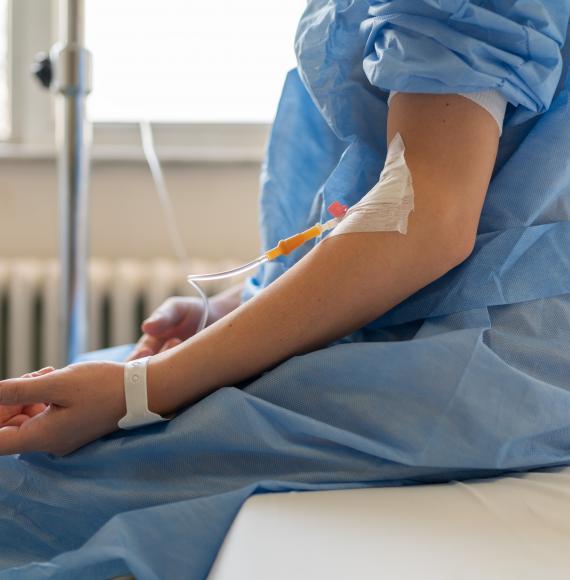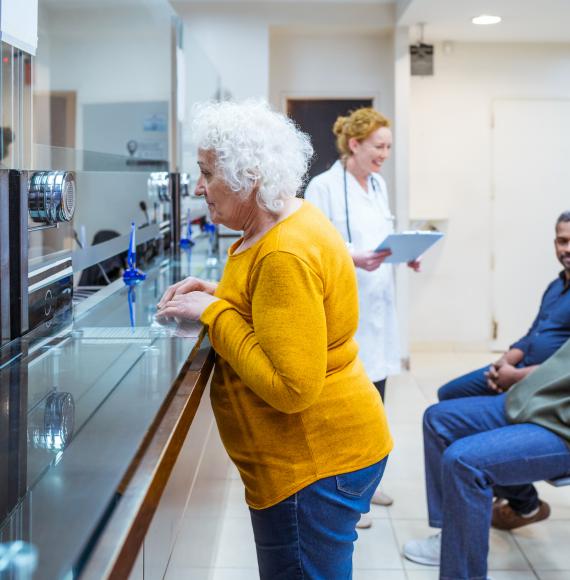Six new research projects have been awarded a share of £2m funding by NIHR and UKRI to investigate and reduce the impacts of Covid-19 and the pandemic on mental health.
The projects will focus on reducing the negative effects of the pandemic on the mental health of three at-risk groups: healthcare workers, children and younger people, and those with serious mental health problems.
One in five adults in the UK is reported to have experienced some form of depression or mental health impact as a result of the Covid-19 pandemic and associated restrictions and measures.
The largest of the six new projects seeks to understand and mitigate the psychological impact of the pandemic on NHS staff in England.
While NHS staff have reported growing mental health issues and a number of recent reports have suggested the health service’s workforce is facing a mental health crisis, these have yet to be validated statistically with large-scale populations studies.
The project, which is being led by King’s College London, will work with 18 NHS trusts across England to gather the evidence needed at a scale which will allow researchers to determine who is most at risk and recommend what support they may require.
Three of the six projects will specifically focus on children and younger people, with two projects using existing cohorts to assess the impact of the Covid-19 pandemic and related social restrictions on the mental health of teenagers.
A third project will test whether a parent-led online therapy programme can help treat children who have anxiety, either as a pre-existing mental health problem or as a new condition linked to the pandemic.
Two further projects will concentrate on people with the most serious mental health problems, with one hoping to minimise suicide rates by assessing self-harm rates, clinical contact and risks of suicide and early death before, during and after the first Covid-19 peak. The other project will explore how people with severe mental illness experience the pandemic restrictions and their social consequences.
Professor Chris Whitty, Chief Medical Officer for England and Head of the NIHR, said: "Mental health is one of the major challenges of the Covid-19 pandemic and the associated restrictions that have been needed to control it.
“This new research funded by the NIHR and UKRI will help us to unpick the mental health impacts in several vulnerable groups, so we can identify those at risk sooner and make sure they can get the help they need."
Minister for Mental Health and Suicide Prevention Nadine Dorries added: “The pandemic has been a difficult time for many of us, and it is vital we do all we can to fully investigate the impact that Covid-19 has had on our mental health.
“These projects will help us better understand how the pandemic has impacted on the mental health of people who have felt the effects of coronavirus most sharply: our healthcare workers, younger people and those with serious mental health problems.
“Taken together this research will strengthen the evidence base so that we know more about how these unprecedented circumstances affect mental health, to better target interventions and prevent serious mental health problems developing.”
The £2m funding for the six projects will be broken down accordingly:
- Understanding and mitigating the psychosocial impact of the COVID-19 pandemic on NHS staff in England; Professor Simon Wessely, King’s College London - £530k
- Intersections of ethnicity, gender, poverty and mental health in adolescence in the context of COVID-19; Professor Craig Morgan, King’s College London - £321k
- A school-based cohort study of COVID-19 secondary impacts on mental health (SCAMP-COVID-19); Professor Mireille Toledano, Imperial College London - £304k
- Enabling Child and Adolescent Mental Health Services (CAMHS) to provide efficient remote treatment for child anxiety problems in the COVID-19 context; Professor Cathy Creswell, University of Oxford - £495k
- Self-harm rates, clinical contact and risks of suicide and early death before, during and after the COVID-19 peak: cohort study of linked health data; Professor Roger Webb and Dr Sarah Steeg, University of Manchester - £159k
- Optimising Wellbeing during Self-isolation (OWLS); Dr Emily Peckham, University of York - £195k



















